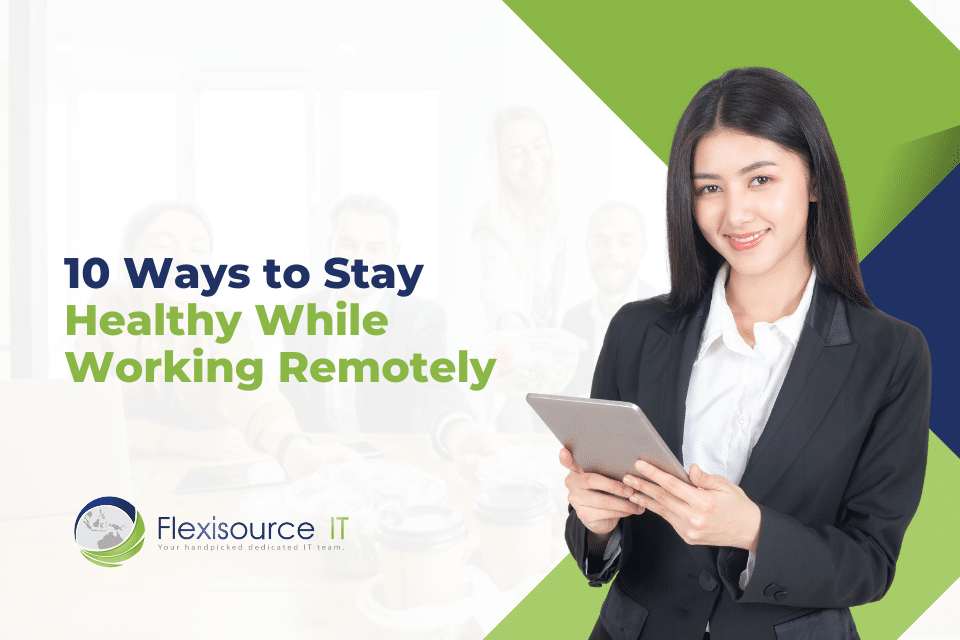10 Ways to Stay Healthy While Working Remotely
Today, more and more Australian companies are adapting to remote working. According to the Australian Institute of Family Studies (AIFS), two-thirds of Australians work from home even after the pandemic. […]
10 Ways to Stay Healthy While Working Remotely Read More »


